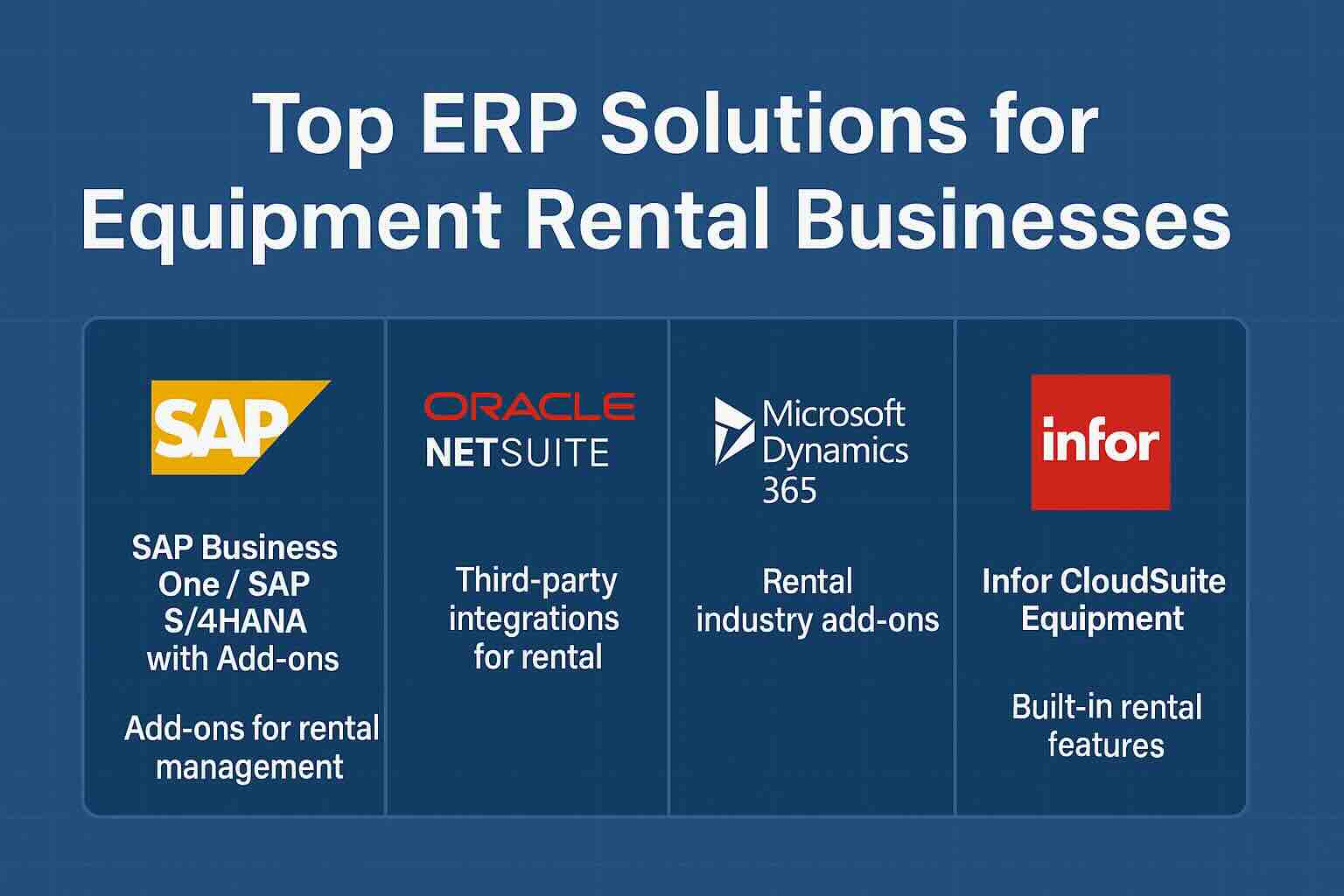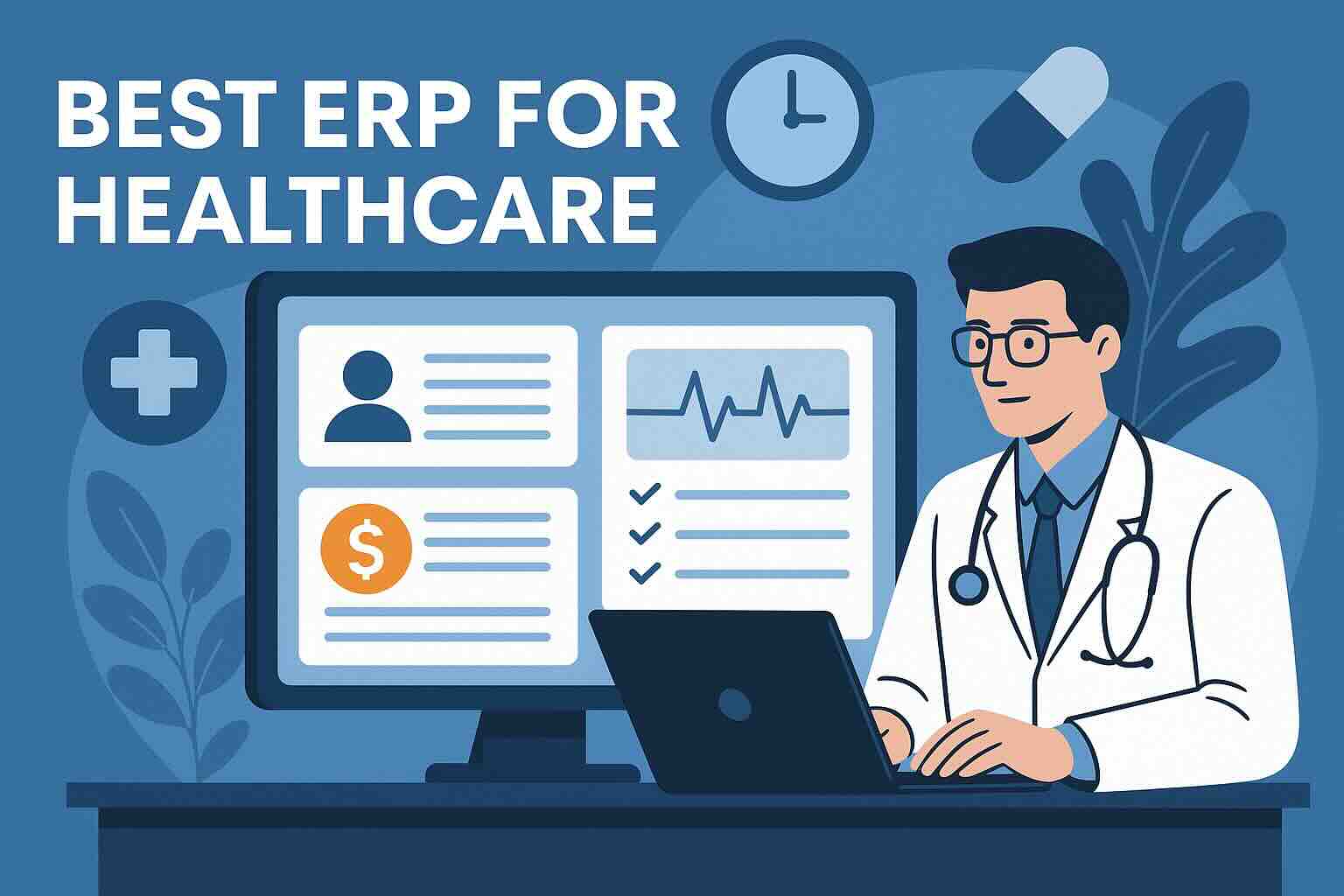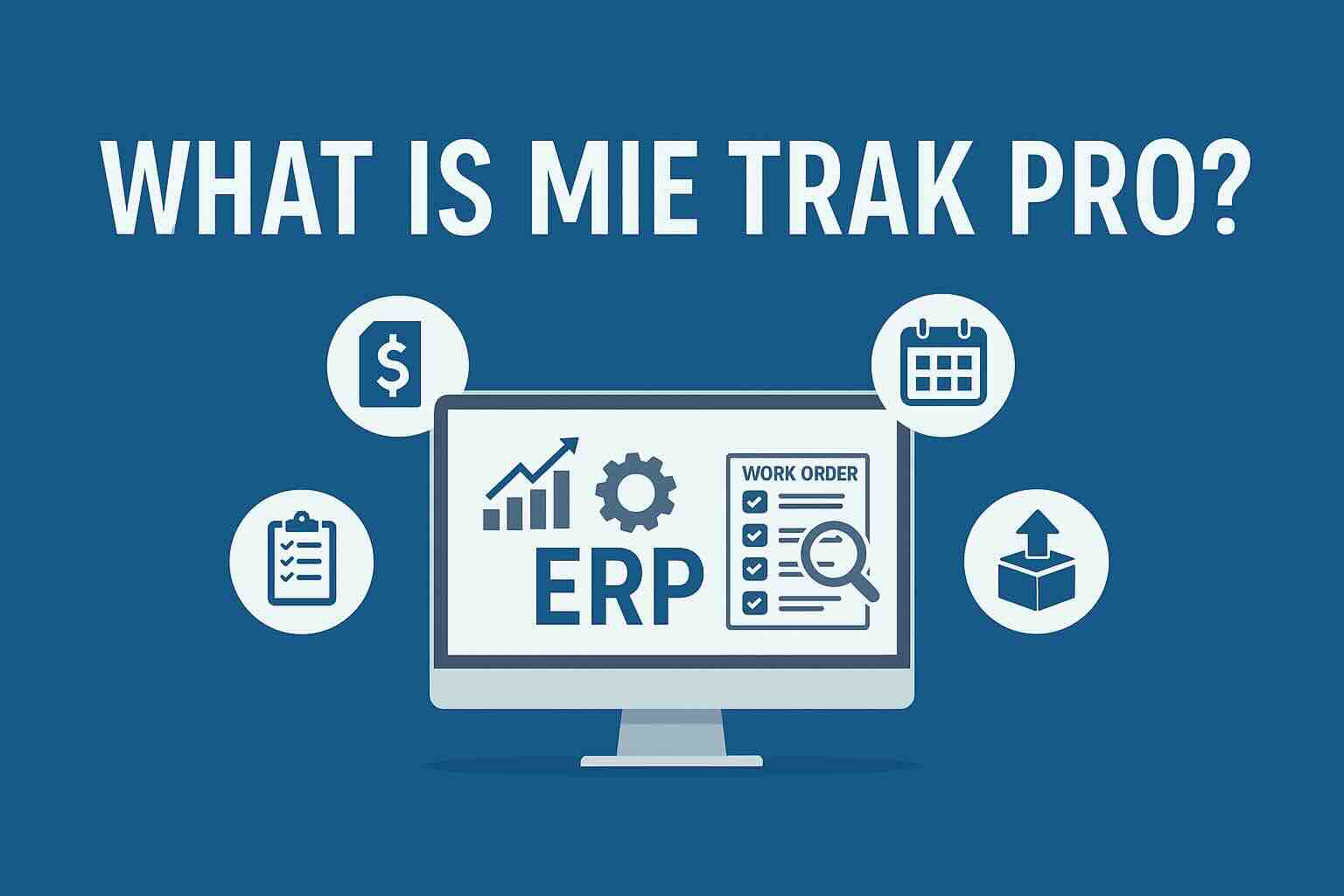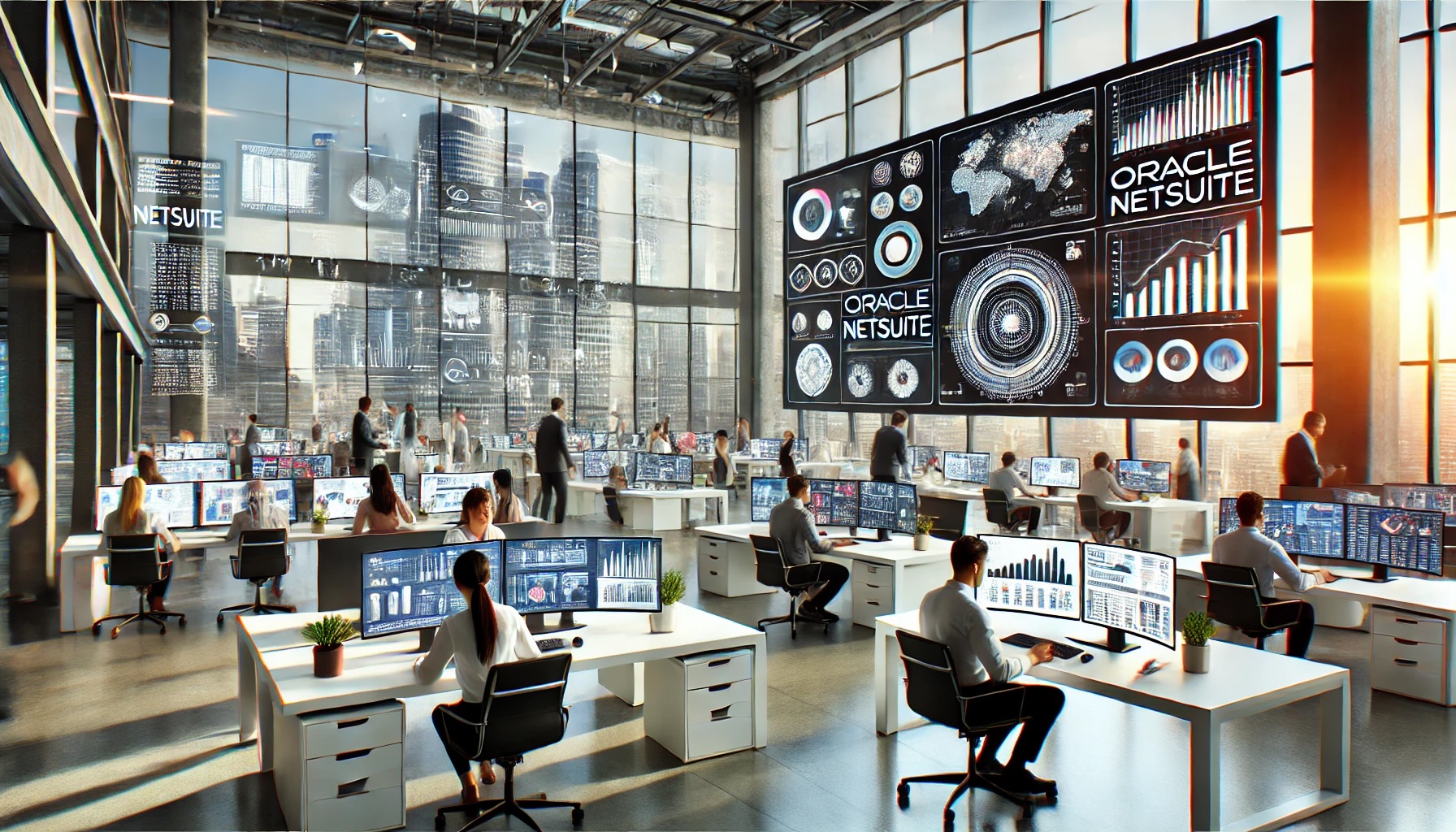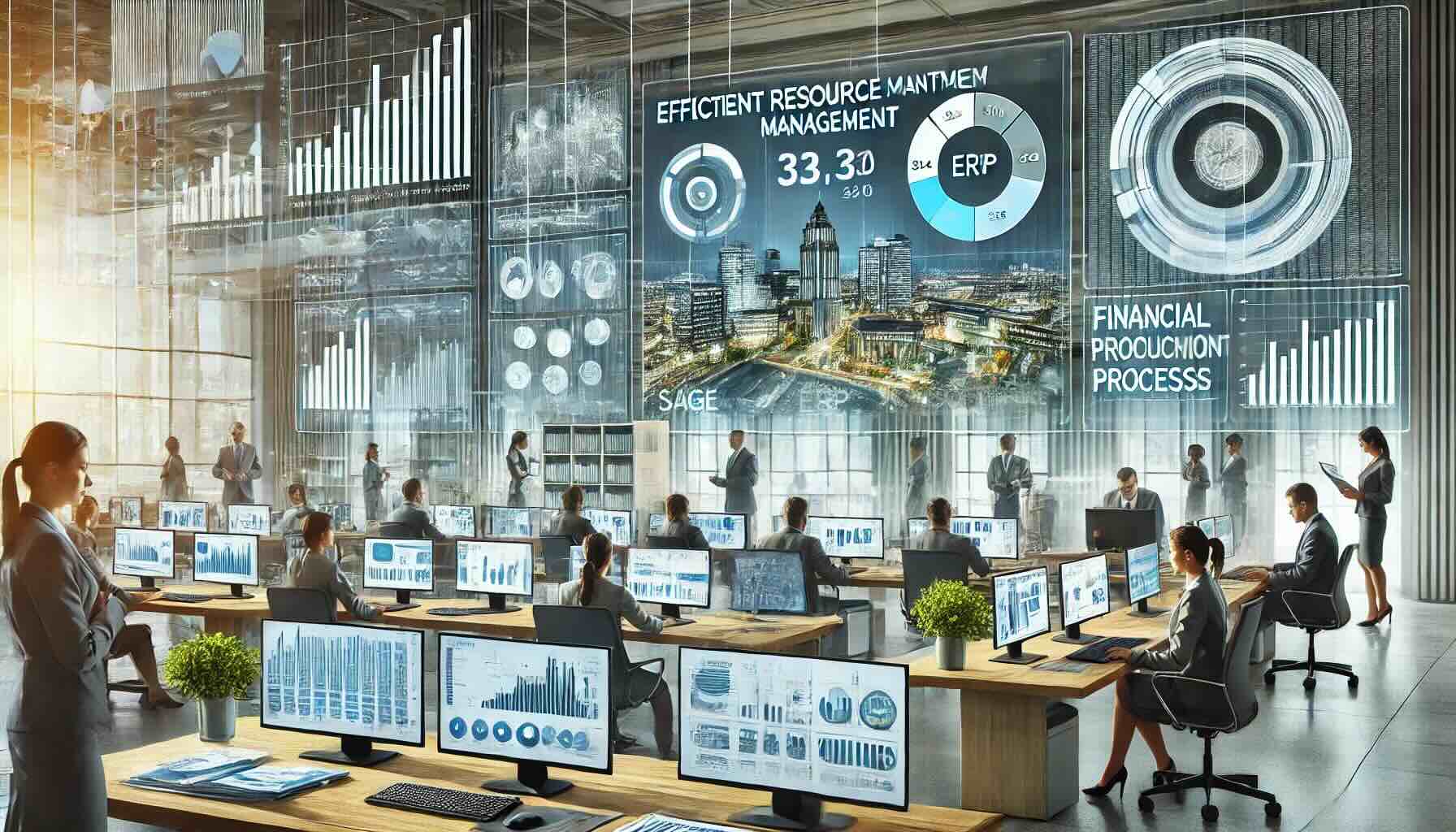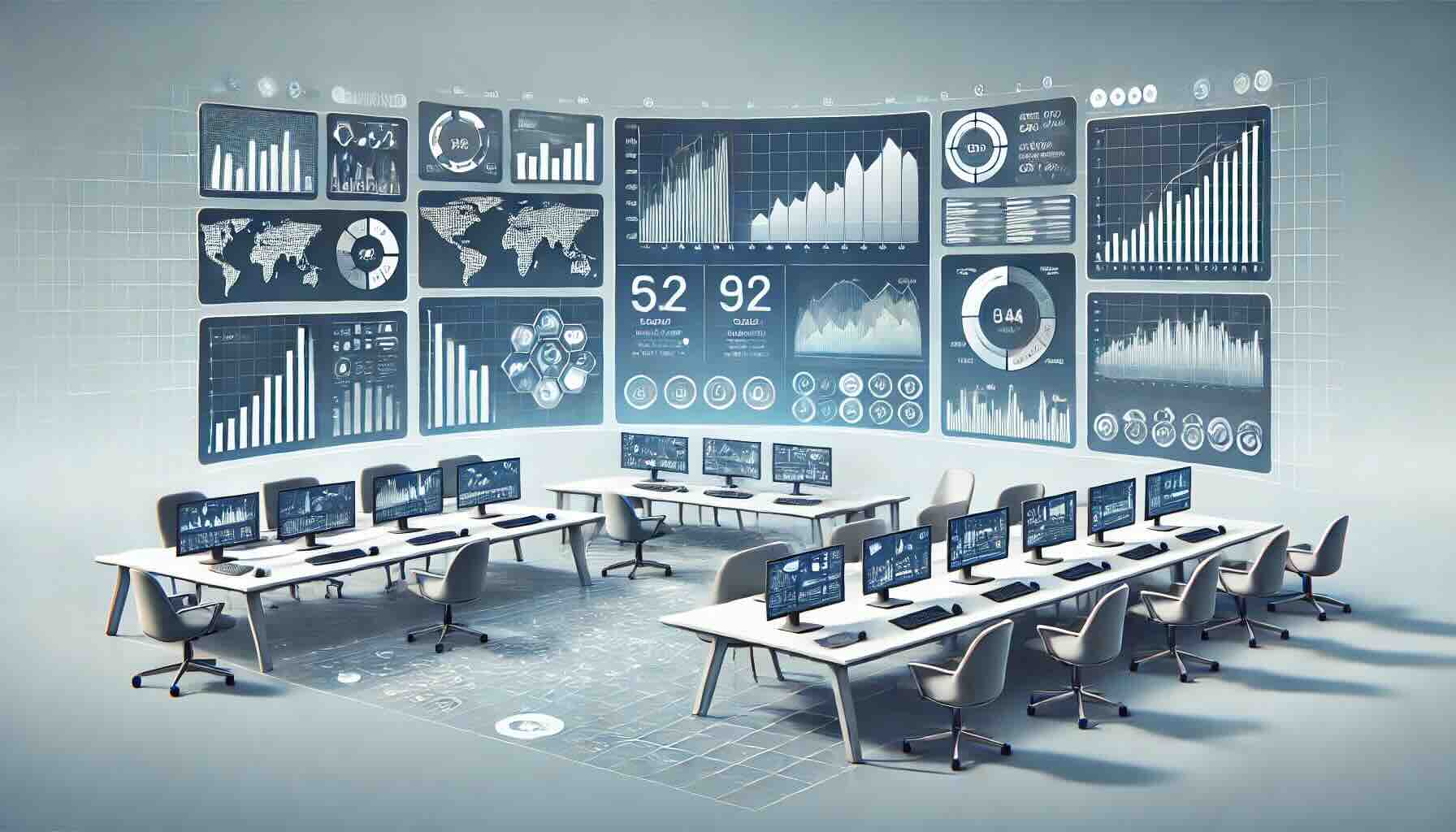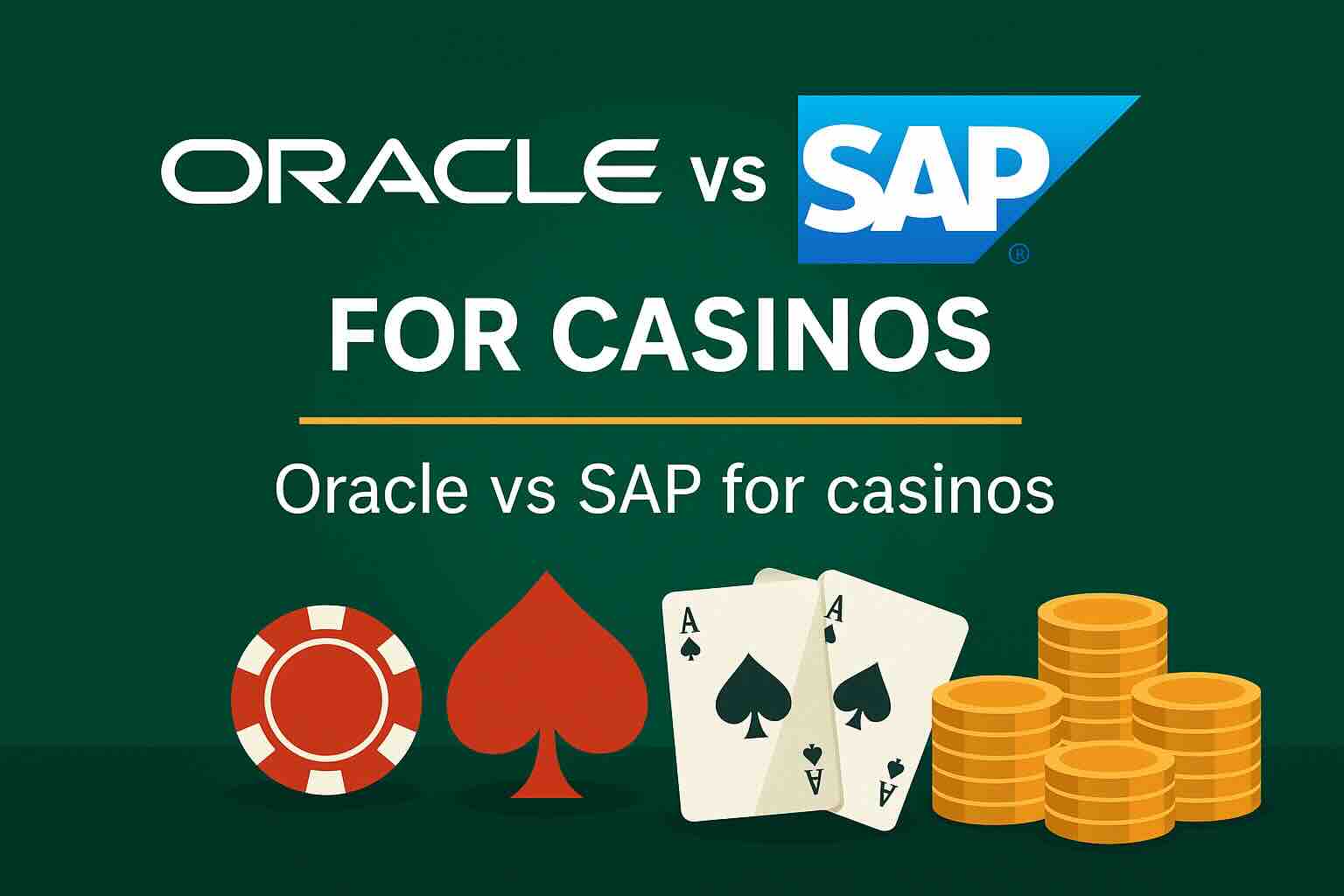Is Epicor a Good ERP for Retail Businesses?
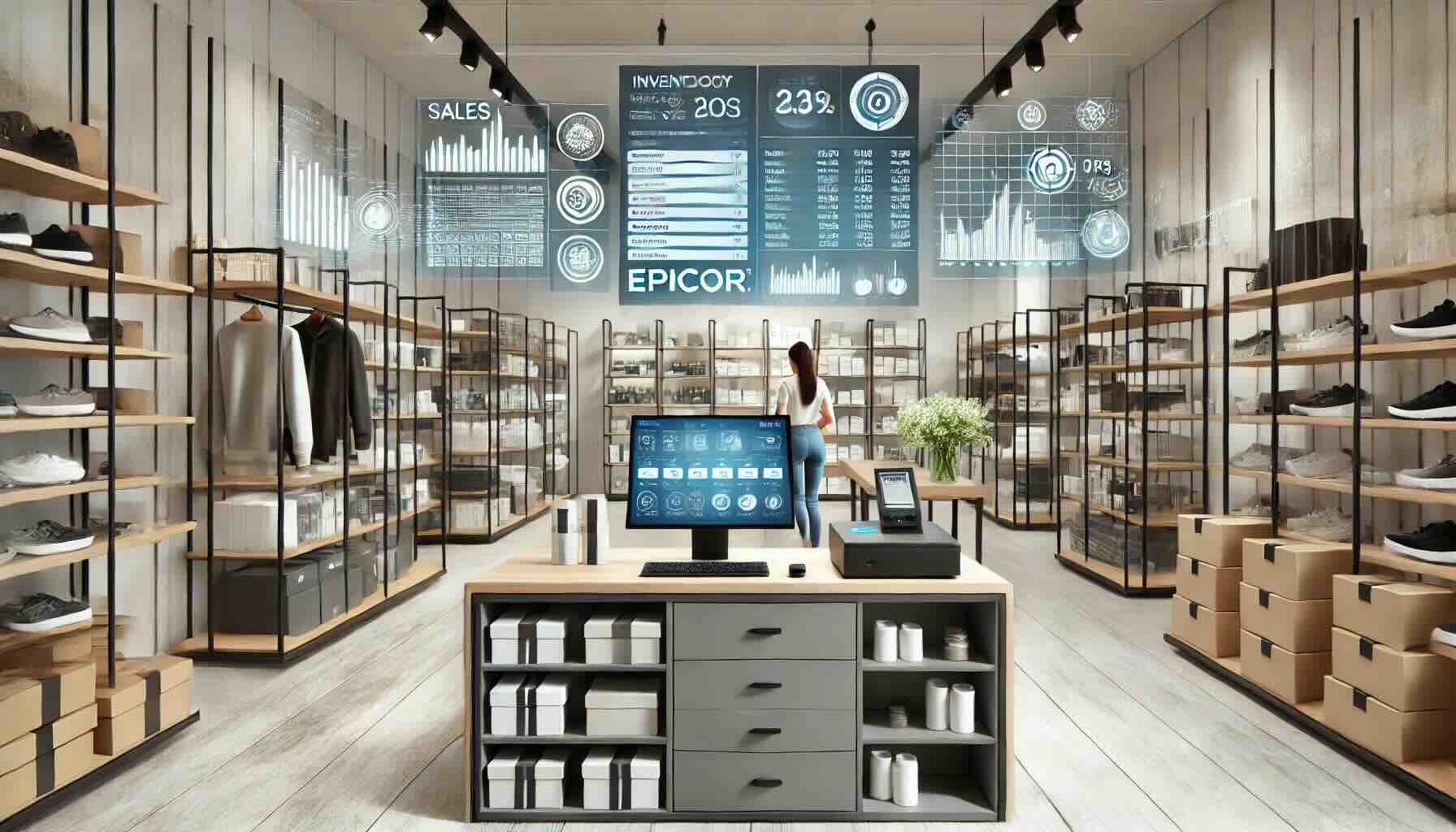
In today’s competitive retail landscape, having an efficient and streamlined system for managing day-to-day operations is essential. Retailers must juggle various functions such as inventory management, supply chain logistics, customer relationships, and financial tracking, often in real-time. This is where Enterprise Resource Planning (ERP) systems come into play, helping to centralize and automate these processes. One ERP system gaining attention in the retail sector is Epicor. But is Epicor a good ERP for retail businesses? Let’s explore its features, strengths, and potential drawbacks to determine if it’s a fit for your retail business.
What Is Epicor?
Epicor is an ERP platform that offers a suite of tools designed to help businesses across various industries, including manufacturing, distribution, services, and retail. Epicor has been around for several decades, and over time, it has honed its offerings to cater to the unique needs of each industry it serves. For retail businesses, Epicor provides a comprehensive solution to handle point of sale (POS), inventory management, customer data, order fulfillment, and financial processes, all within a single, integrated system.
Key Features of Epicor for Retail
Epicor tailors its ERP solutions to meet the needs of modern retailers, with a range of features specifically designed for this sector:
1. Inventory Management
Effective inventory management is the backbone of any successful retail business. Epicor excels in helping retailers manage their stock across multiple locations, warehouses, and even online platforms. The system offers real-time inventory tracking, enabling businesses to minimize stockouts and overstocking issues. Epicor’s inventory tools also support automated reordering, reducing manual labor and helping retailers maintain optimal stock levels.
2. Omni-channel Capabilities
With the rise of e-commerce and mobile shopping, having a system that supports multiple sales channels is essential for retailers. Epicor’s ERP integrates e-commerce platforms, brick-and-mortar stores, and mobile points of sale, giving retailers a unified view of their sales and customer data. This allows for seamless customer experiences, whether they shop online, in-store, or both, while enabling retailers to provide services like buy-online-pickup-in-store (BOPIS) or curbside pickup efficiently.
3. Point of Sale (POS) Integration
Epicor offers a robust POS system that connects with the central ERP, allowing real-time syncing of sales, inventory, and customer data. This integration ensures that pricing, promotions, and product availability are always up to date across all locations. The POS system is also customizable, so retailers can tailor it to their specific needs, whether they’re operating in fashion, grocery, electronics, or another retail niche.
4. Customer Relationship Management (CRM)
Epicor’s built-in CRM capabilities allow retailers to manage customer relationships more effectively. It captures and organizes customer data, tracking purchases, preferences, and interactions across different channels. This enables personalized marketing efforts, loyalty programs, and promotions, helping to build stronger, long-term relationships with customers. In the age of data-driven marketing, these insights are invaluable for driving sales and improving customer satisfaction.
5. Financial Management
Managing finances is a critical component of any retail business, and Epicor’s ERP includes comprehensive financial management tools. It can handle everything from general ledger and accounts payable/receivable to payroll and financial reporting. The integration between the financial modules and other parts of the ERP system ensures that retailers always have up-to-date financial data to make informed decisions about profitability, budgeting, and cost control.
6. Supply Chain Management
For retailers with complex supply chains, Epicor offers tools that help manage supplier relationships, track shipments, and ensure timely delivery of goods. The system provides visibility into the entire supply chain, helping retailers avoid costly delays and optimize their logistics. Epicor’s supply chain capabilities also integrate with its inventory and financial tools, ensuring all aspects of the business are aligned.
The Benefits of Using Epicor for Retail
1. Scalability
Epicor is designed to scale with your business. Whether you’re a small boutique or a large retail chain, Epicor’s flexible architecture allows it to grow as your business expands. This scalability ensures that as your operational complexity increases, your ERP system can adapt to your changing needs without requiring a complete overhaul.
2. Real-Time Data and Analytics
One of the most significant advantages of using Epicor is its ability to provide real-time data and analytics. Retailers can generate detailed reports on sales, inventory levels, customer behavior, and financial performance, all in real-time. These insights are crucial for making data-driven decisions that can enhance profitability and customer satisfaction.
3. Industry-Specific Customization
Epicor offers industry-specific modules that cater to the unique needs of retail businesses. This customization means retailers don’t have to settle for a one-size-fits-all solution but can tailor the ERP to fit their operations, from product categories to sales processes.
Potential Drawbacks of Epicor for Retail
Despite its many strengths, there are a few considerations to keep in mind when evaluating Epicor for your retail business:
1. Complexity
Because Epicor offers such a wide array of features and functionalities, it can be complex to implement, especially for small retailers with limited IT resources. While the system is highly customizable, the implementation process can be time-consuming and may require significant upfront investment in terms of time and money.
2. Cost
Epicor tends to be priced at the higher end of the ERP spectrum, particularly for smaller businesses. While the system’s comprehensive features might justify the cost for larger retailers, smaller businesses may find the price tag prohibitive unless they are prepared for the long-term investment.
3. Learning Curve
Like many robust ERP systems, Epicor comes with a learning curve. Retail staff may need extensive training to get comfortable with the system, and this could slow down adoption, especially if the business is transitioning from a simpler solution. However, Epicor does offer training and support services to ease this process.
Is Epicor the Right Choice for Your Retail Business?
Epicor is undoubtedly a strong contender in the ERP market for retail businesses. Its ability to manage complex operations, provide real-time insights, and integrate with multiple sales channels makes it an attractive option for retailers looking to streamline and scale their business. However, its complexity and cost may be challenging for smaller retailers with less infrastructure or resources.
If you’re a mid-sized to large retailer with a growing online and in-store presence, Epicor’s robust features could offer significant value. However, for smaller retailers or those with limited budgets, it’s essential to weigh the costs and complexity against the potential benefits before committing to the platform.
In conclusion, Epicor can be a powerful ERP solution for retail businesses that require a scalable, feature-rich system capable of managing complex operations. If your business fits this profile, Epicor may be the right ERP for you. To find out more about Epicor click this link.
To compare Epicor with 100s of other ERP solutions, you can use our new AI-powered Compare ERP tool. It’s free to use and you get a guaranteed discount on your first year’s licence fees with a referral from Compare ERP.
